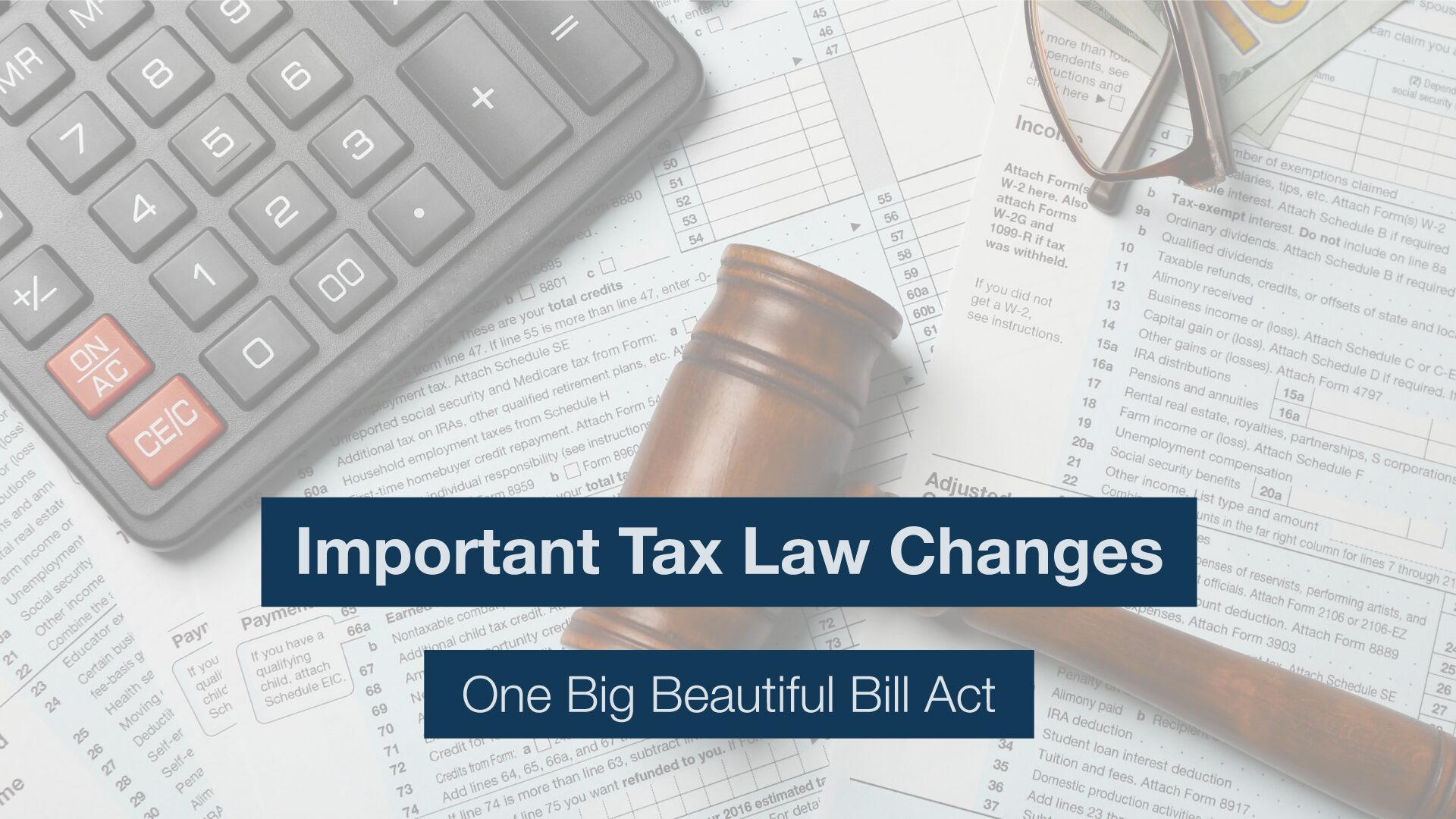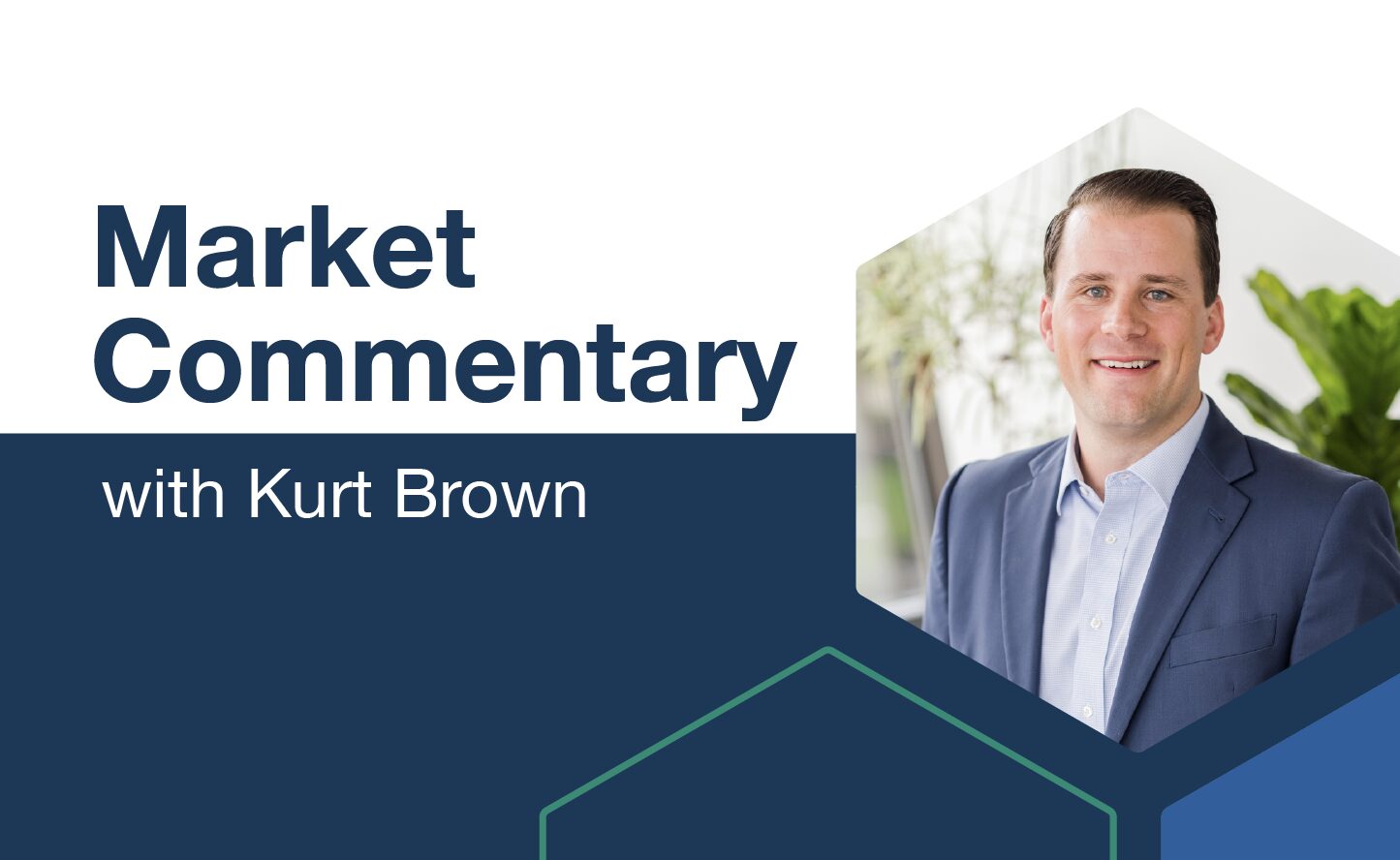July 2015 Financial Markets Summary
This month, we highlight three topics that are getting a lot of attention in the media: Greece, interest rates, and the dollar.
Greece
Greece continues to make headlines as it tries, once again, to find a way to emerge from a morass of debt. Is Greece important? The economy of the country is equal to about 1% of the total euro zone GDP, so the initial reaction might be to ignore the drama. Commentator John Mauldin says “There are no winners in this euro standoff. It is actually quite sad, but the current impasse is a consequence of trying to secure a one-size-fits-all monetary policy onto a very disparate group of countries and economies.” The view at PDS is that the euro problems might continue for a long time, so do not be surprised by periods of higher market volatility.
Interest Rates
As for interest rates, inflation remains stuck at about 1%, the number of workers leaving the total labor pool continues to increase, and there is only minor evidence of wage pressure on the economy. Despite this, our best guess is that the Fed will push short-term rates up by 0.25% in the fourth quarter of the year, and then wait to see how markets react. If the stock market drops 5% or more, they may decide to put off additional rate increases for a while. If there is no pushback, another small increase could happen in the first half of 2016. The initial move might be nothing more than a tiny face-saving measure. However, without higher short-term rates, the Fed has no way to respond if the economy weakens once again.
U.S. Dollar
The U.S. dollar has risen by more than 20% against both the euro and the Japanese yen in the last 12 months. The good news: it makes the goods we import less expensive. The bad news: the strong dollar makes our exports more expensive. These fell by 14%, the largest decline in six years, and our monthly trade deficit has soared to $51 billion, the widest gap since 2008. This is the reason the U.S. economy shrank in the first quarter of the year.
In response to these things, we remain strong advocates of diversification. A global portfolio of many asset classes is an appropriate way to hedge risk. We like relatively short-maturity bonds and have avoided dedicated long-term bond funds. Long-term treasuries lost almost 7% of their value in the last three months. A mix of quality domestic and international stocks should allow investors to participate in the global marketplace without depending on any one country. Despite the gloomy headline news, there are hundreds of global companies doing quite well.
As you can see below, the value of diversification and the value of patience are shown over the truly long-term time periods. Protect the money you might need to take from your portfolio over the next 3-5 years by keeping it in cash, CDs, or short-maturity bonds. And remember that today’s headlines and tomorrow’s reality are seldom the same.
| Asset Index Category | Category | Category | Category | 10-Year |
| 2015 To-Date | 3 Months | 2014 | Average | |
| Dow Jones Industrials – Large Cos | -1.1% | -0.9% | 7.5% | 5.5% |
| S&P 500 Index – Large Companies | 1.2% | -0.2% | 11.3% | 5.6% |
| S&P 400 Index – Mid-Size Companies | 3.4% | -1.4% | 8.2% | 8.2% |
| Russell 2000 Index – Small Companies | 4.1% | 0.1% | 3.5% | 7.0% |
| MSCI EAFE Index – Developed Intl. | 5.5% | 0.6% | -4.9% | 5.1% |
| MSCI EM Index – Emerging Markets | 1.7% | -0.2% | -4.6% | 5.6% |
| Short-Term Domestic Bonds | 0.7% | -0.1% | 1.1% | 2.9% |
| Multi-Sector Bonds | -0.1% | -1.7% | 5.1% | 4.4% |
| Global Government Bonds | -2.4% | -1.9% | 1.7% | 3.9% |
| Bloomberg Commodity Index | -1.6% | 4.7% | -24.4% | -2.6% |
| Dow Jones U.S. Real Estate | -5.2% | -9.1% | 27.7% | 5.9% |
| World Allocation Global stocks, bonds, commodities | 0.6% | -0.7% | 1.5% | 4.8% |
Please remember that past performance may not be indicative of future results. Different types of investments involve varying degrees of risk, and there can be no assurance that any specific investment, strategy, or product or any non-investment related content, made reference to directly or indirectly in this newsletter, will be suitable for your individual situation, or prove successful. This material is distributed by PDS Planning, Inc. and is for information purposes only. Although information has been obtained from and is based upon sources PDS Planning believes to be reliable, we do not guarantee its accuracy. It is provided with the understanding that no fiduciary relationship exists because of this report. Opinions expressed in this report are not necessarily the opinions of PDS Planning and are subject to change without notice. PDS Planning assumes no liability for the interpretation or use of this report. Consultation with a qualified investment advisor is recommended prior to executing any investment strategy. No portion of this publication should be construed as legal or accounting advice. If you are a client of PDS Planning, please remember to contact PDS Planning, Inc., in writing, if there are any changes in your personal/financial situation or investment objectives. All rights reserved.



